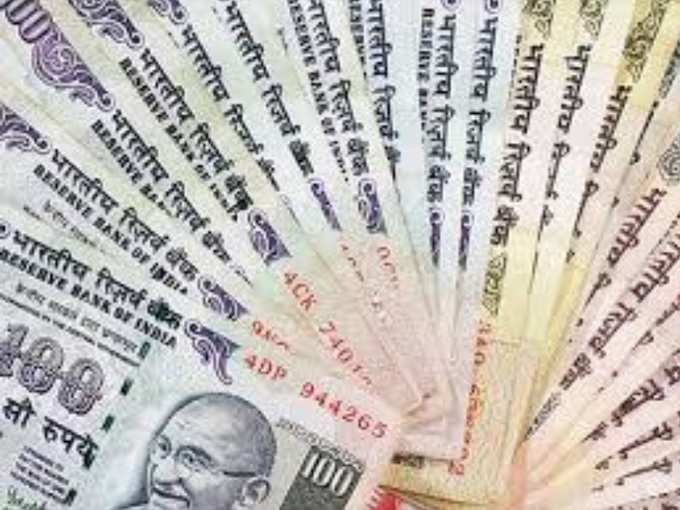
One salient point of Prime Minister
So, it’s little wonder that the financial analysts are placing the bet on the final figure of the black money. An estimated $2 trillion is sitting snug in the banks abroad, but mostly in Swiss Bank. And the holders of this money, obviously billionaires, are steadily climbing the global charts of ‘influential personalities’ day after day.
It was in 2011 that a WikiLeaks announcement released a list of Indian black money hoarders. In the same year, Anil Harish, one of India’s best minds on tax matters, spoke at length on the impact of hacking of nearly 700 accounts, held by powerful Indians at HSBC Geneva. The list released by WikiLeaks created uproar and it has been found that both resident and non-resident Indians are equally guilty. Charges included that of tax evasion while the hoarders chose to put away their wealth in the banks offshore.
Without wasting much time after he assumed office, Prime Minister Narendra Modi set up a Special Investigation Team, which has been approved by the Supreme Court of India. This has surely sent jitters down the spine of otherwise complacent businessmen and politicians who made hay while the sun shone, through illegal methods.
A poverty-stricken India has been struggling to change its image from a country that was ‘developing’ for a long time to an economic ‘super power.’ According to World Bank reports, poverty in India is waiting to reach another level, with an estimated 11.8% of total population living below the line of poverty and earning less than $1.25 per day in 2014.
The only breather is the fact that poverty has consistently reduced over the past few years. However, if and when the black money heads back to the country where it belongs, it will still be more than India’s GDP.
The contradiction between black money and existing poverty levels notwithstanding, Indian hoarders will probably take solace in knowing that the phenomenon is not limited to their country alone. In fact, some of the biggest black money holders are in China and Russia. When a list of such violations was compiled taking each country into account, India stood third, with China leading the list. However, that would not bring any respite to the nation.
Although the US and the UK have cracked down on their tax violators, India has never shown the determination to track down the black money. The Indian middle class turned angrier and joined hands with anti-corruption activist Anna Hazare when he waged a battle against rising corruption.
India, Asia’s third largest economy, loses an estimated $60 trillion annually in taxes, as far as formal sectors and financial institutions are concerned. Independent studies and International Monetary Fund (IMF) data on trade flow also show that an annual amount of nearly $6 trillion cannot be accounted for. That this amount will go into individual accounts or fake trusts, is a known fact.
Arun Kumar, author of The Black Economy In India, arrived at a total figure of $2 trillion when he was researching data for his book. A professor at the reputed Jawaharlal Nehru University, Kumar has been collating reports on black money from various sources.
According to him, the $2 trillion stashed abroad is unaccounted for and has been illegally accumulated by evading taxes that rightfully belong to the country and its people. Moreover, the amount of the money hoarded calls for the dues (interest, penalty, etc., levied for tax evasion) and that will very well cross $600 billion.
This has set the country back among the BRICs (Brazil, Russia, India and China) owing to the simple fact that although resourceful, India has not been able to post a vibrant tax collection report as against its GDP. This can seriously hamper the living conditions of the poor in the country, deprive businesses of necessary financial support and scale down India’s image in the long run.
The government held an olive branch in the past to 700 HSBC Germany account holders who kept an undisclosed amount in their accounts aboard. Nearly 100 members made amends for it while the rest resisted the process. Apart from HSBC and Swiss Bank, Liechtenstein and British Virgin Islands are also offering safe havens for black money hoarders from various countries, including India and China.
The gravity of the situation could well be understood from the fact that the largest number of foreign depositors in Swiss Bank is reportedly Indians. If this can change, the country is bound to witness prosperous days ahead.
